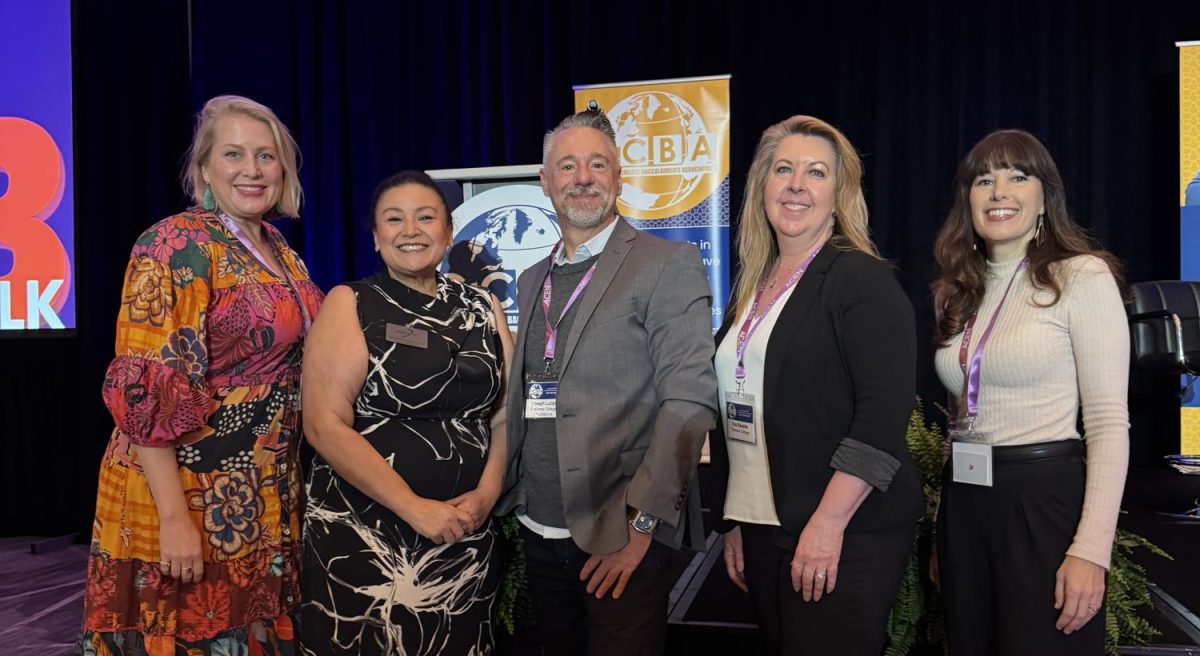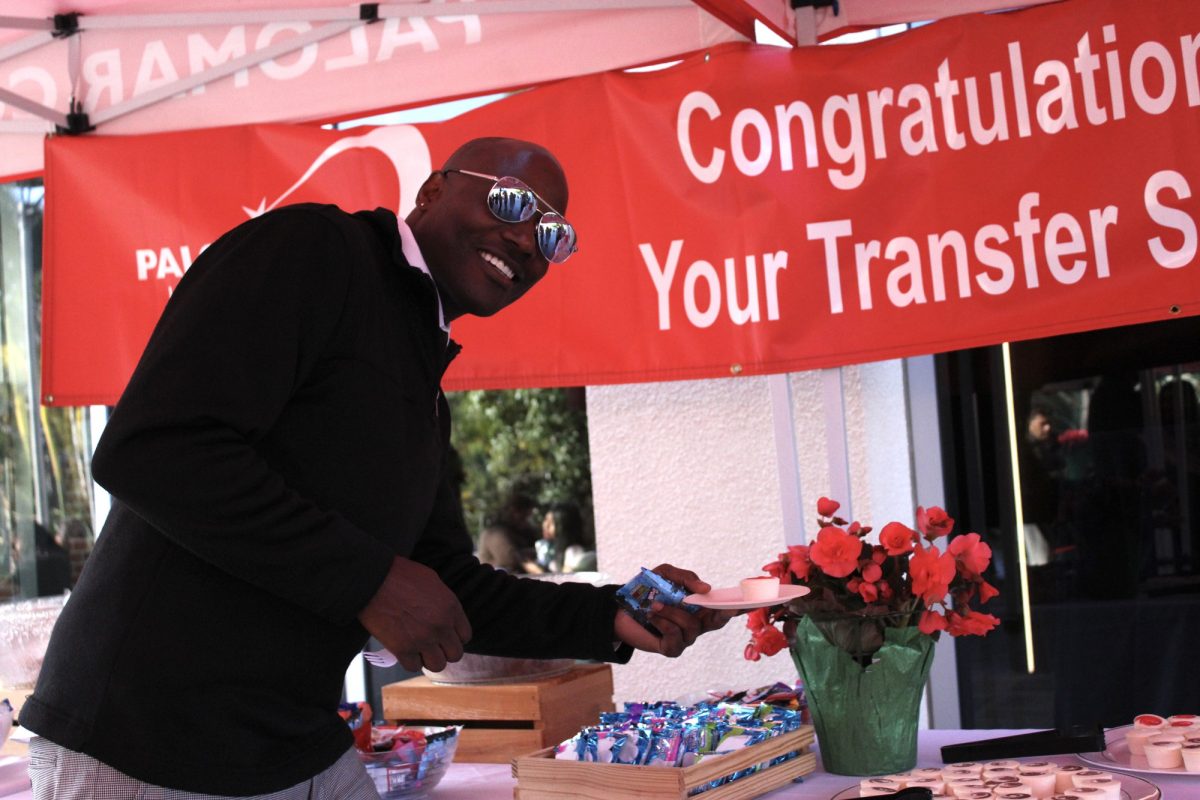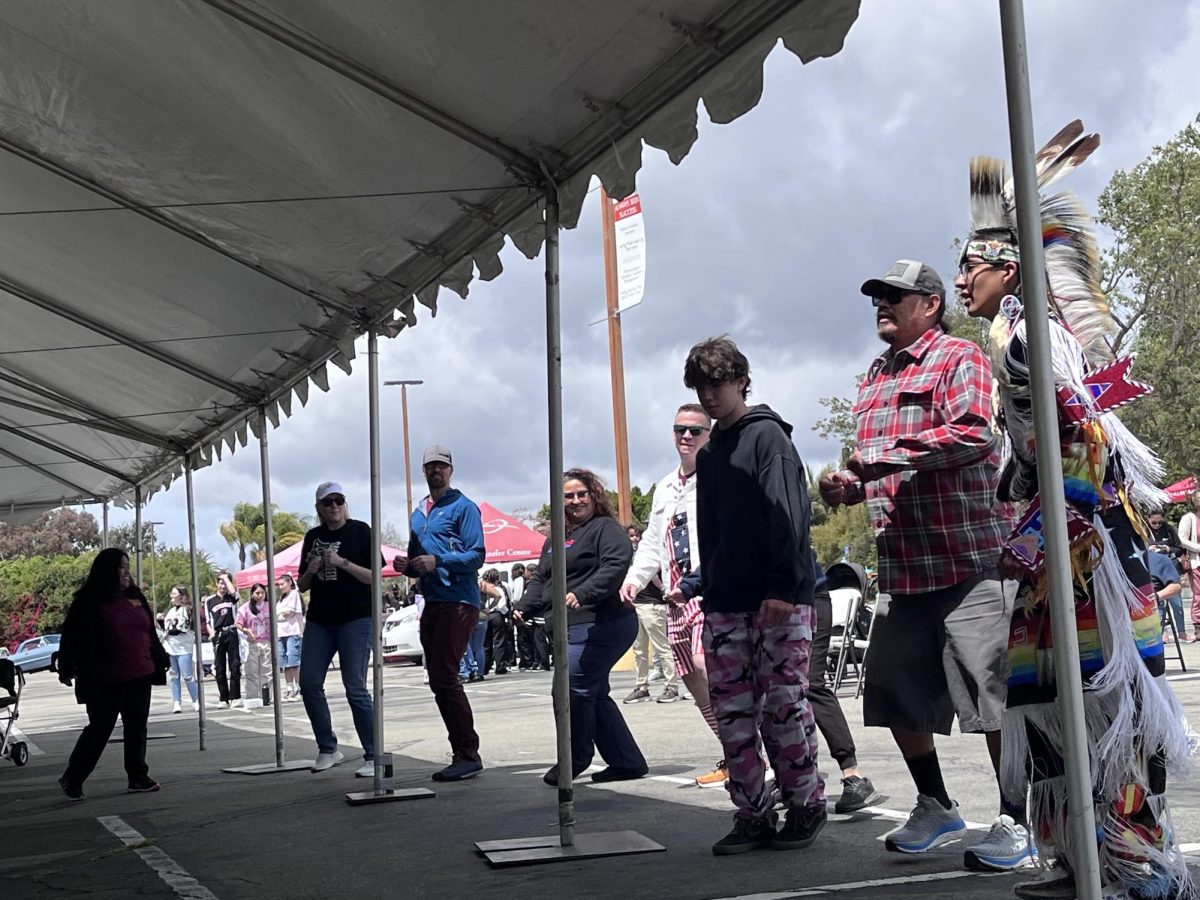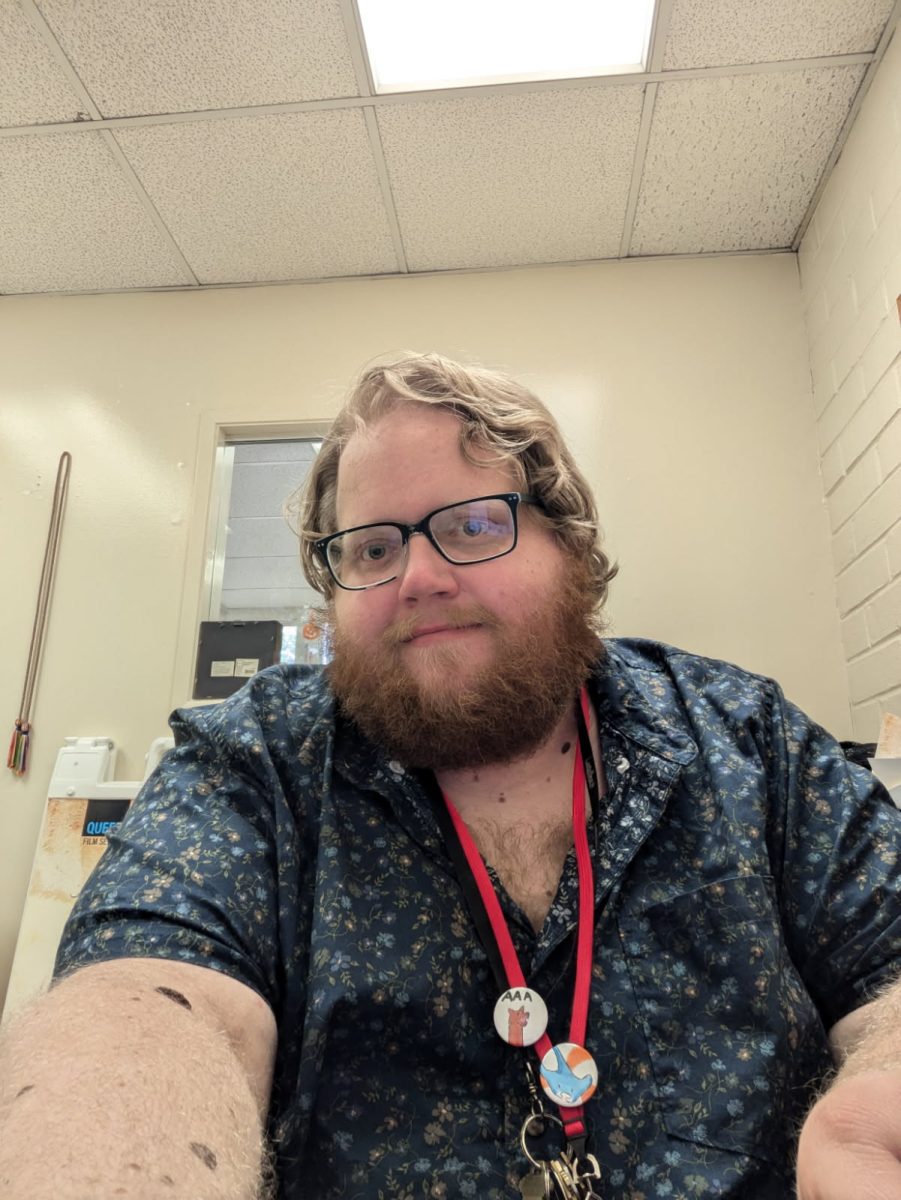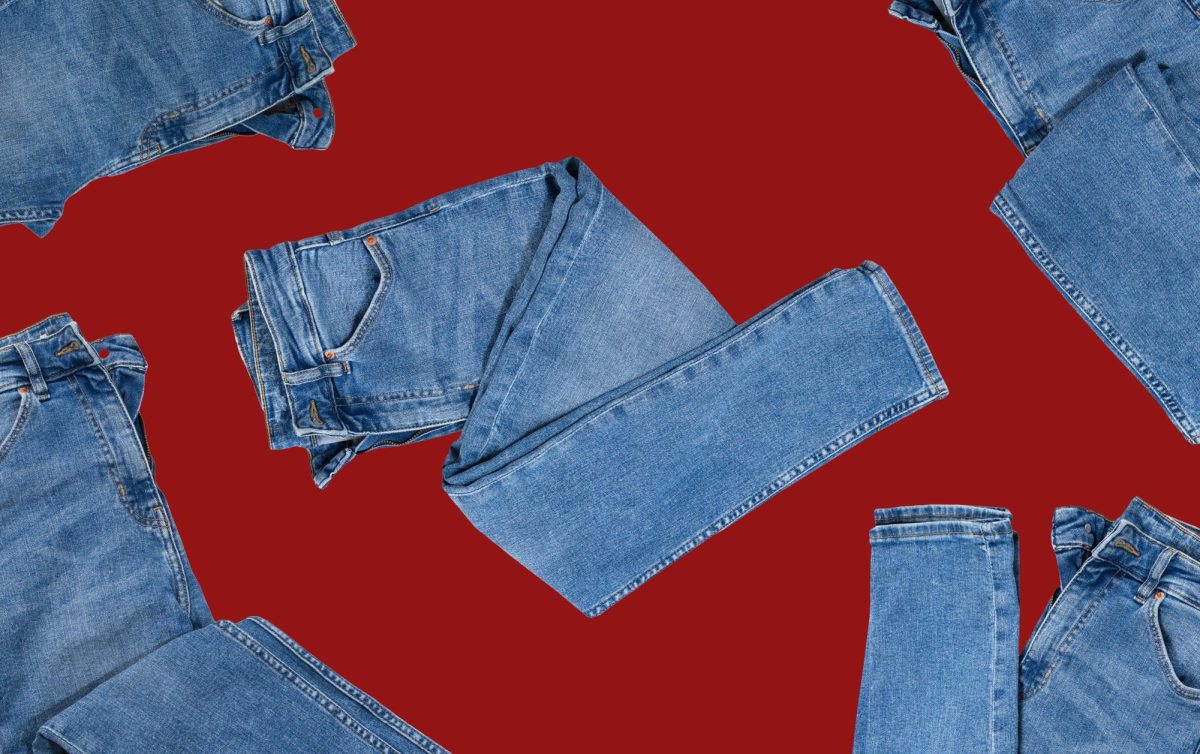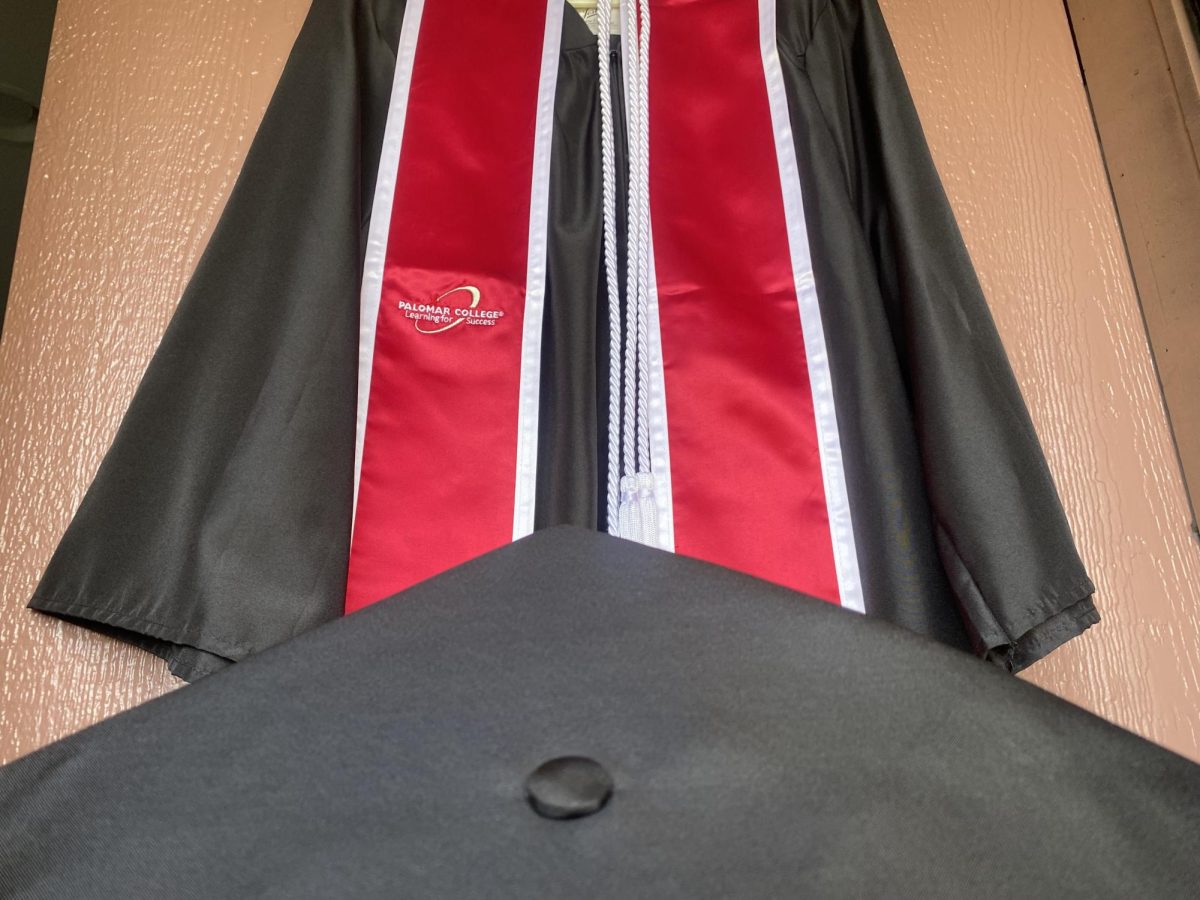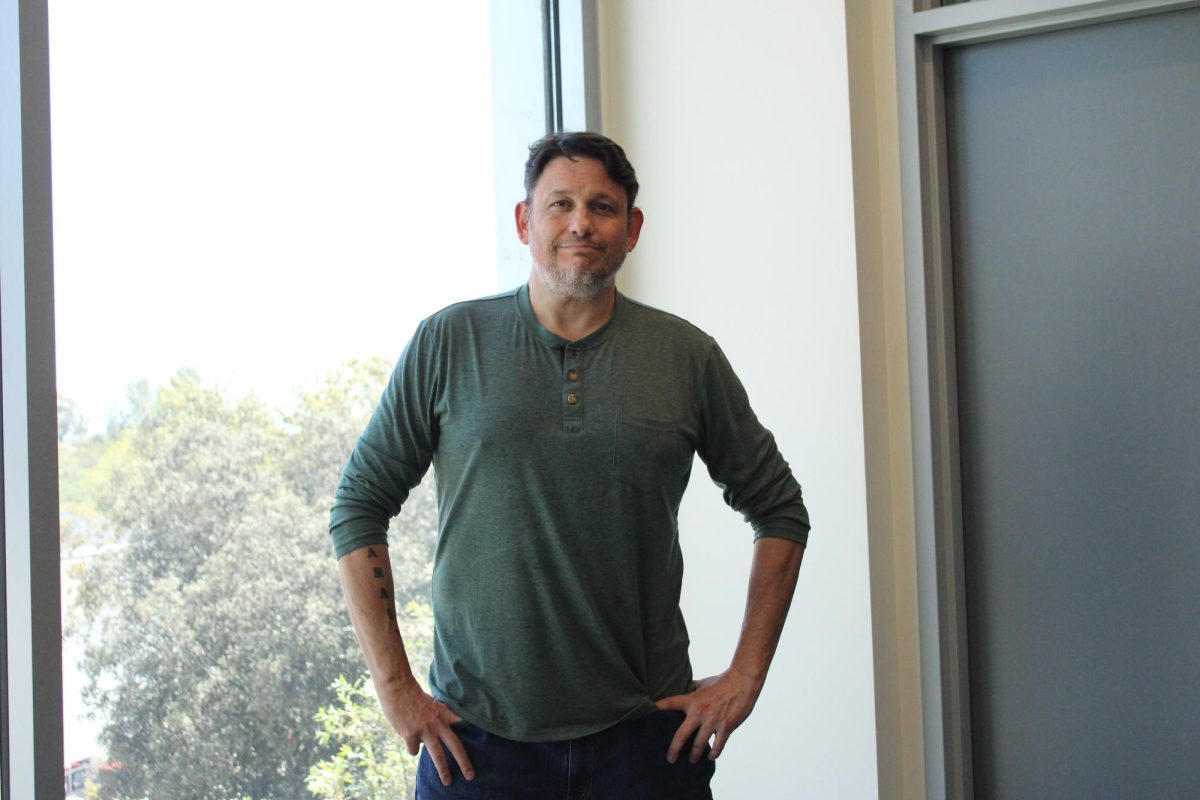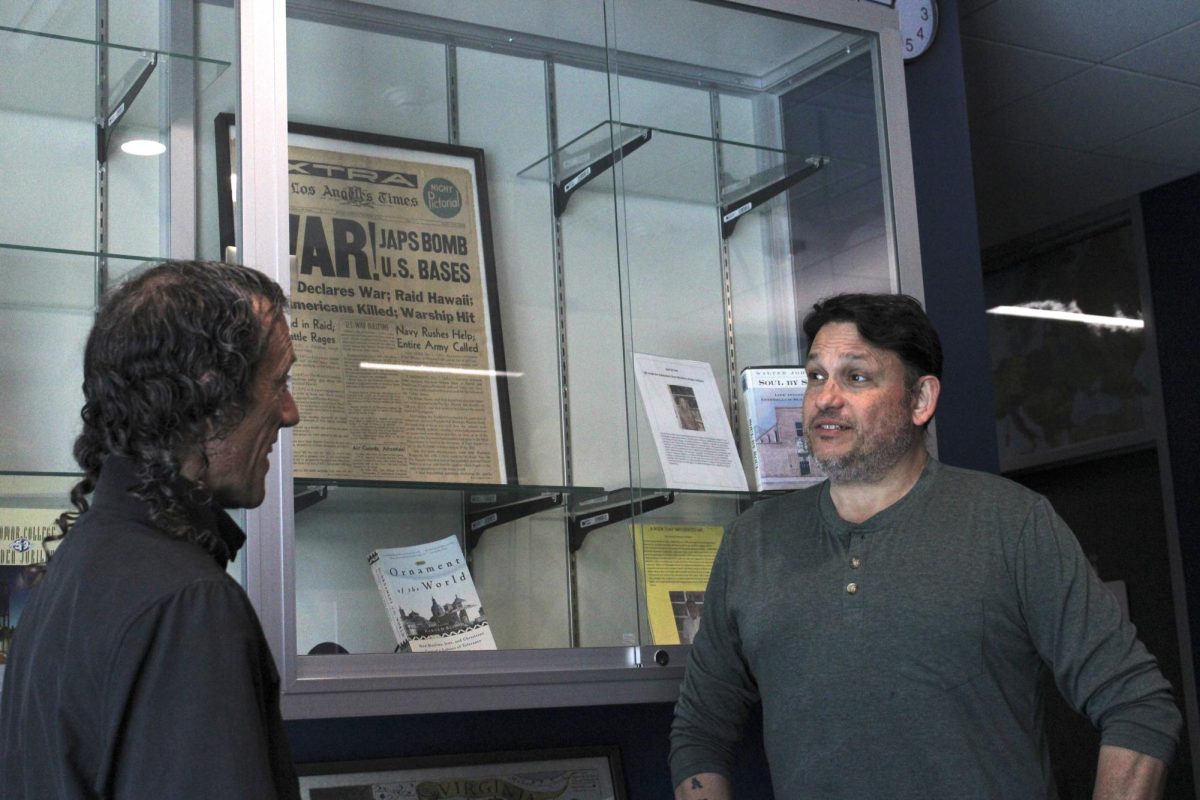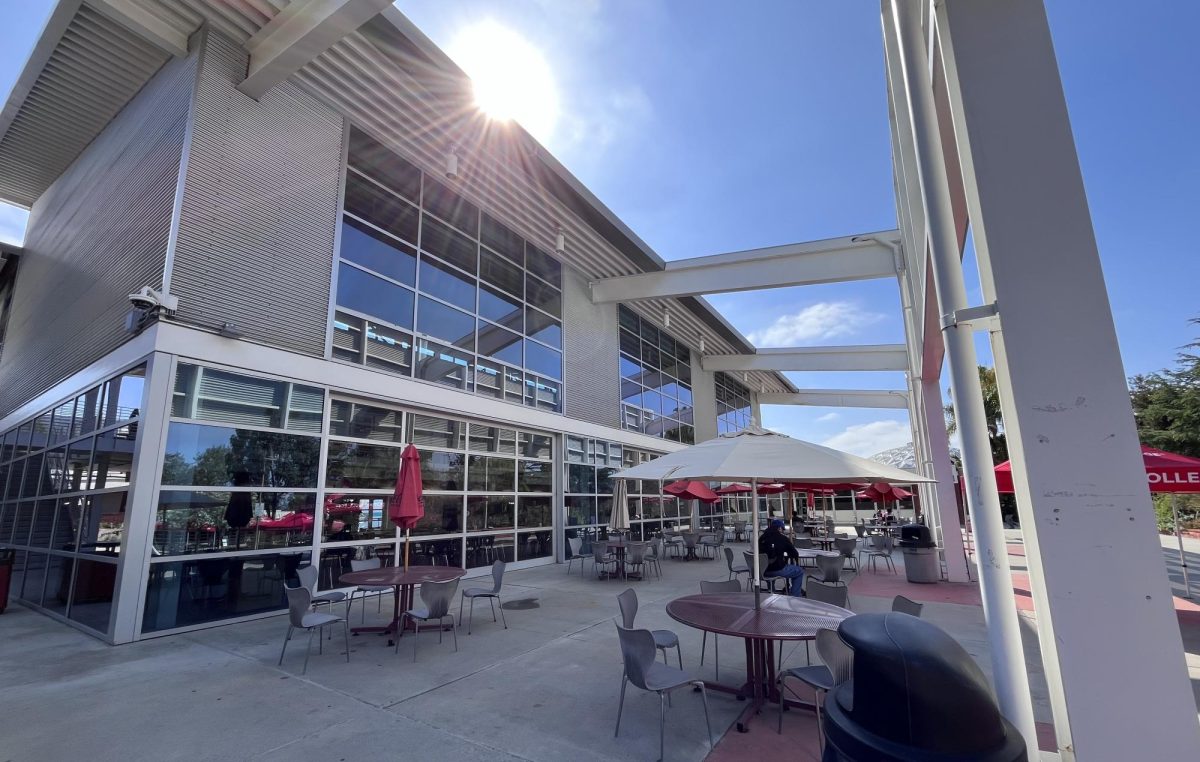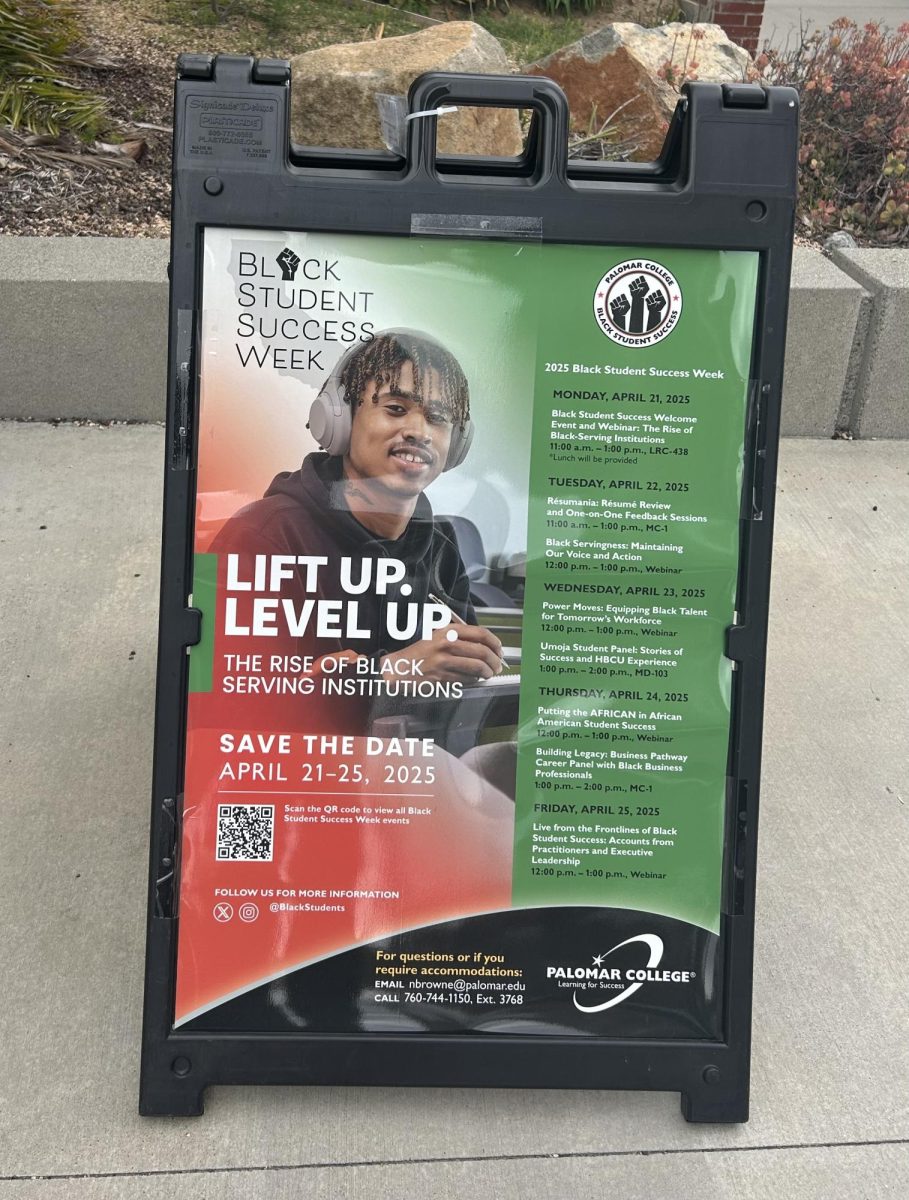As Palomar works to adapt to the changes and challenges of COVID-19, the Fashion Program worked to contribute their sewing skills to making much-needed masks for their community.
According to Rita Campo Griggs, Fashion Merchandising and Design Associate Professor, the department has been making masks since the onset of the virus.
“Temecula Valley Hospital reached out to us and asked if our program or students were making masks,” she said. “We immediately reacted and got into production.”
Students in the beginning sewing class were required to make masks for one of their projects as the virus began to pop up in California.
“It might become a new requirement as facial coverings might be a new accessory in our wardrobes,” said Campo.
But, now, most students and faculty members are creating masks at home on their own for family, friends and organizations local to them. Each student and faculty are also donating on their own.
One such student is Dr. Lori Fully, a returning college student, who began sewing over 200 face masks, which she donated to healthcare workers and others who need them.

Fully has taken most of the classes in the Fashion Program and has always loved sewing. She began making the masks on request for a friend who is a nurse. Since then, she has donated them to Costco and Scripps Medical Center employees, along with anyone else that requests them individually. She has donated most of what she has sewn, although some insist on payment.
“If someone insists on payment I simply reinvest the money back into the mask project,” said Fully.
Right now Fully is working through San Diego Face Mask Sewing Group on Facebook. The page was created as the COVID19 crisis kicked off and the need and demand for face masks has skyrocketed. Fully says the page helps her with distribution, among other things.
“It is also a place for those of us who are sewing masks to check in about various things,” she says. “It’s a good place for us to share our resources.”
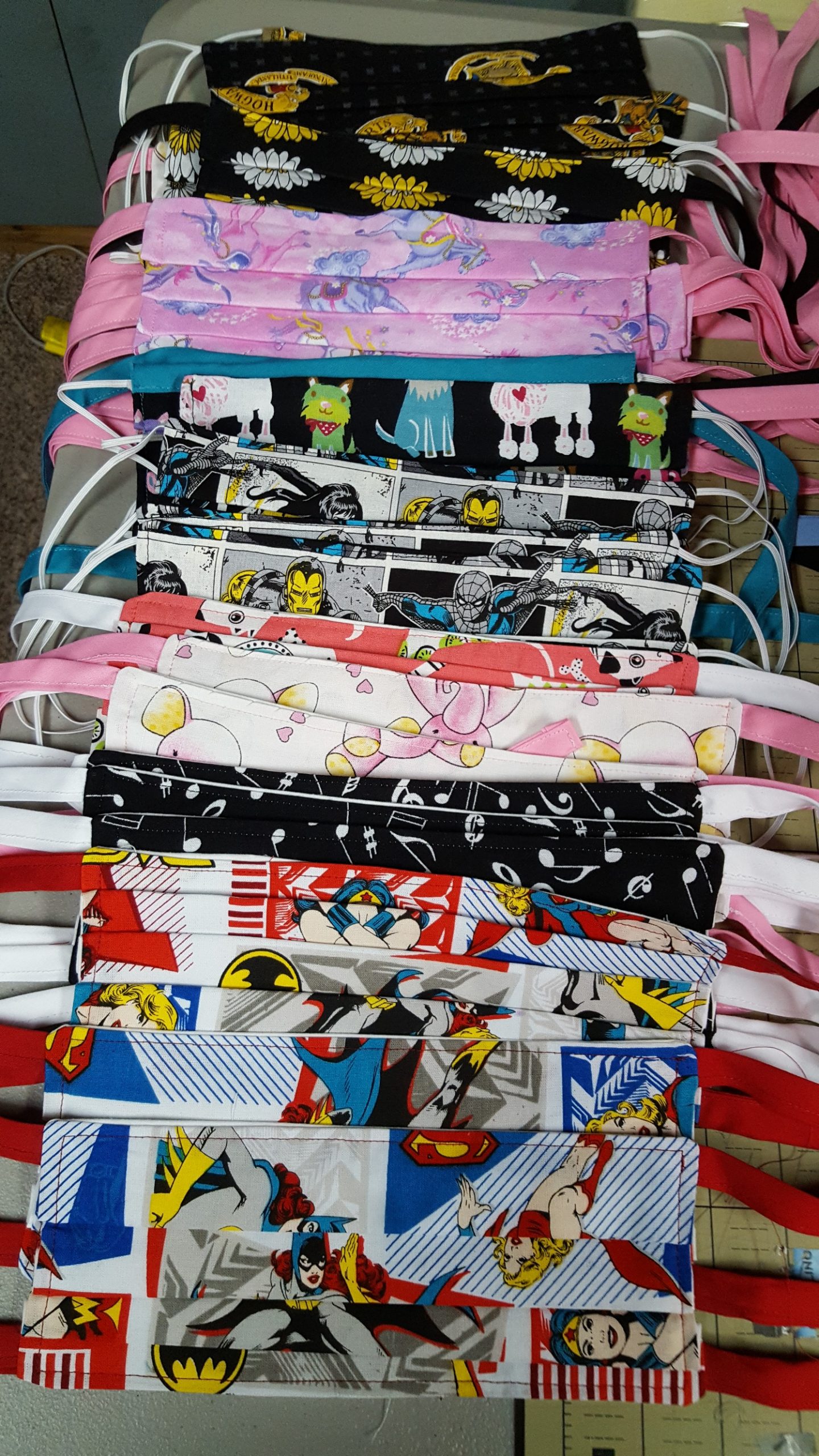
Fully says she will continue to create as long as there is a need and resources are available. As with many things, some of the mask-making materials can be hard to find.
“All of a sudden, elastic is hard to find,” says Fully. “So you sometimes have to wait or search for what you need. The Facebook group can be good for that, too.”
Thanks to the Fashion Department and students like Fully, various healthcare workers and essential personnel can operate with a little more safety. For those who would like to sew their own facial covering, a pattern and tutorial are available on the Fashion Departments’ website.
Created by a faculty member, the pattern and instructions can be found at www.palomar.edu/fashion.
Featured image courtesy of Rita Campo Griggs

